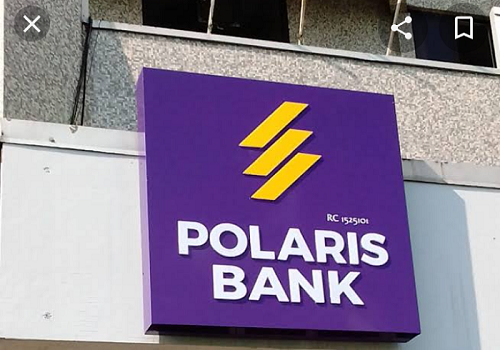Customers of Nigerian banks have decried the inability of the lenders to make cash available on the Automated Teller Machines (ATMs) and even online transfers when needed.
Some customers complained that Point of Sales (POS) operators besieged ATMs making huge withdrawals to deliberately cause cash scarcity so that they will be patronized by unsuspecting bank customers who needed money to buy food items and other valuables for the yuletide.
Bank customers in Alimosho Local Government, a suburb of Lagos, decry the ugly trend which they say might be a connivance between POS operators and the banks.
However, operational problems rather than liquidity issues as some analysts believe that if such persists, the financial inclusion drive of the central bank would be at risk.
On different occasions at Lagos Island, customers were seen moving from one ATM machine to the other in search of cash but were disappointed.
The response displayed by one of the ATMs of a first-generation bank was, “this transaction cannot be completed” and the second ATM machine said “no service.”
It was either the ATM machines of commercial banks around Marina area of Lagos that could not dispense cash or the cash transactions were delayed due to network issues.
Godwin Emefiele, Governor, Central Bank of Nigeria (CBN), said a key focus of the central bank under his leadership had been enabling the build-out of a robust payment system that will provide cheap, efficient, and faster means of conducting payments for most Nigerians.
“With the growing pace of digitisation globally, it is essential that we leverage digital channels in fulfilling this objective,” he said.
Total transaction volumes using digital channels more than doubled between 2018 and 2020, as volumes rose from 1.3 billion to over 3.3 billion financial transactions in 2020. Digital payment channels, he said, also help to support the continued conduct of business activities during the lockdown.
“Our robust payment system has continued to evolve towards meeting the needs of households and businesses in Nigeria. Reflecting the confidence in our payment system, between 2015 and September 2021, about $900 million has been invested in firms run by Nigerian founders,” Emefiele said.


Comment here